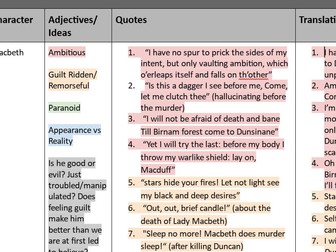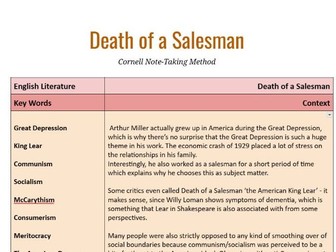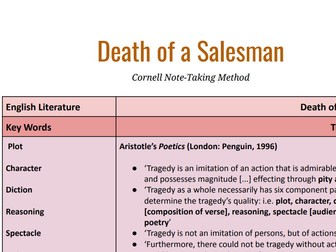Translated Macbeth Quotes
<p>Sorted by both character and theme, this resource will help you understand Shakespearean English in GCSE Macbeth by translating helpful quotes into modern day English. It means you won’t have to go through all of the play for a translation, just the most important and usable quotes!</p>
<p>There are six pages of quotes that are crucial to know for the study of Macbeth. Good luck!</p>


